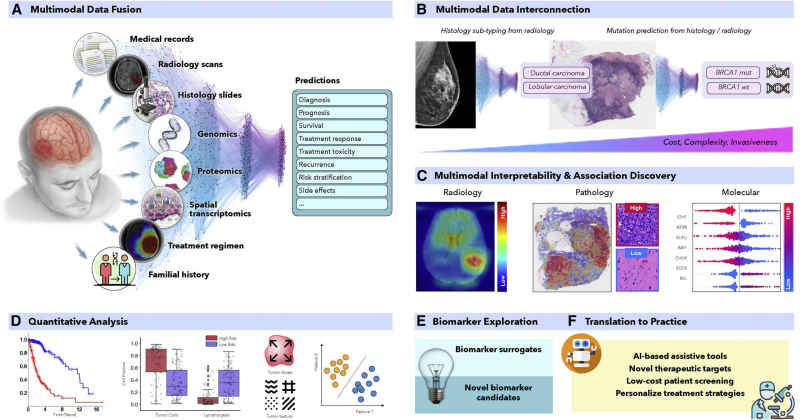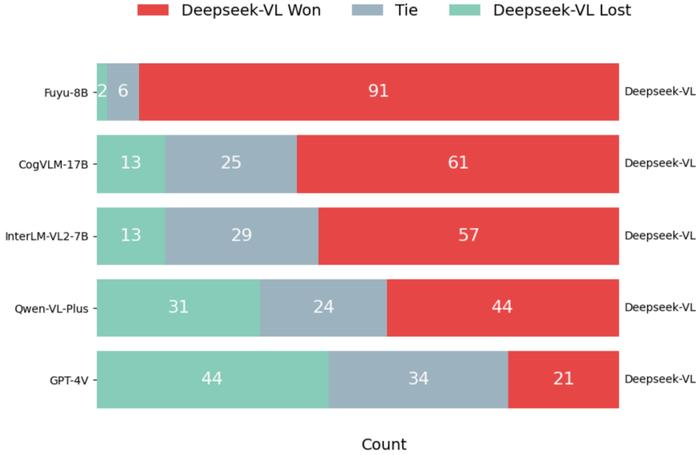Artificial Intelligence (AI) has emerged as a powerful tool in driving scientific advancements across various fields. Its ability to process and analyze vast amounts of data has led to significant breakthroughs in biomedicine, meteorology, and materials discovery. This article explores how AI is transforming these fields, highlighting recent developments and future prospects.
AI in Biomedicine AI has revolutionized biomedicine by enhancing disease diagnosis, treatment, and drug discovery. Machine learning techniques are widely used in optimizing biosensors, cell detection, disease diagnosis, and drug discovery. For instance, AI algorithms can analyze genetic markers quickly and accurately, offering insights into patient susceptibilities and potential responses to treatments. This capability accelerates genetic screening and enhances the specificity of therapeutic interventions tailored to individual genetic profiles.

In the domain of immunology, AI models simulate immune system dynamics and predict responses to treatments, which is valuable for designing personalized immunotherapies. AI-driven analysis of electronic health records (EHRs) can identify hidden patterns across patient populations, predict disease progression, and suggest preventative measures tailored to individual health profiles. These advancements not only improve individual patient outcomes but also contribute to broader public health strategies.
AI in Meteorology AI is also playing a crucial role in meteorology by enhancing weather prediction accuracy and climate modeling. Machine learning algorithms can process vast amounts of meteorological data, identifying patterns and anomalies that help improve the accuracy of weather forecasts. This enables more effective disaster preparedness and response, saving lives and reducing economic losses.
AI-driven climate models can simulate complex environmental processes, providing valuable insights into climate change and its impacts. These models help researchers understand the dynamics of climate systems, predict future climate scenarios, and develop strategies for mitigating and adapting to climate change. The integration of AI with geospatial data further enhances the resolution and accuracy of climate and environmental monitoring.
AI in Materials Discovery AI is accelerating the discovery of new materials by optimizing experimental parameters and facilitating innovative design and manufacturing. The integration of AI with microfluidics and bioengineering has shown great potential in applications such as disease diagnosis, treatment, and detection. For example, AI algorithms can enhance the accuracy and speed of bioassays, enabling more efficient and precise analysis of biological samples.
In materials science, AI-driven techniques are used to predict material properties and optimize the design of new materials. This has led to the discovery of novel materials with unique properties, opening up new possibilities for applications in various industries. The ability to simulate and analyze complex material structures using AI can significantly reduce the time and cost associated with traditional materials discovery processes.
Conclusion AI is driving significant breakthroughs in biomedicine, meteorology, and materials discovery by leveraging its ability to process and analyze vast amounts of data. These advancements have the potential to transform healthcare, improve weather prediction and climate modeling, and accelerate the discovery of new materials. As AI continues to evolve, its impact on scientific research and innovation will only grow, paving the way for a future of more efficient and effective solutions to complex problems.
Frequently Asked Questions (FAQs)
- How is AI used in disease diagnosis? AI algorithms analyze medical images, genetic data, and electronic health records to identify patterns and anomalies that can help diagnose diseases more accurately and quickly.
- What are the benefits of AI in drug discovery? AI accelerates the drug discovery process by predicting the efficacy and safety of new drugs, optimizing the design of drug molecules, and identifying potential drug targets.
- How does AI improve weather prediction? AI processes large volumes of meteorological data to identify patterns and improve the accuracy of weather forecasts. It also enhances climate modeling and environmental monitoring.
- What role does AI play in materials discovery? AI optimizes experimental parameters, predicts material properties, and accelerates the discovery of new materials with unique properties.
- How does AI contribute to personalized medicine? AI analyzes genetic and health data to tailor treatments to individual patients, improving the efficacy and reducing the side effects of medical interventions.
- What are the challenges in integrating AI into scientific research? Challenges include ensuring data quality and privacy, developing interpretable AI models, and addressing ethical concerns related to AI-driven decisions.





